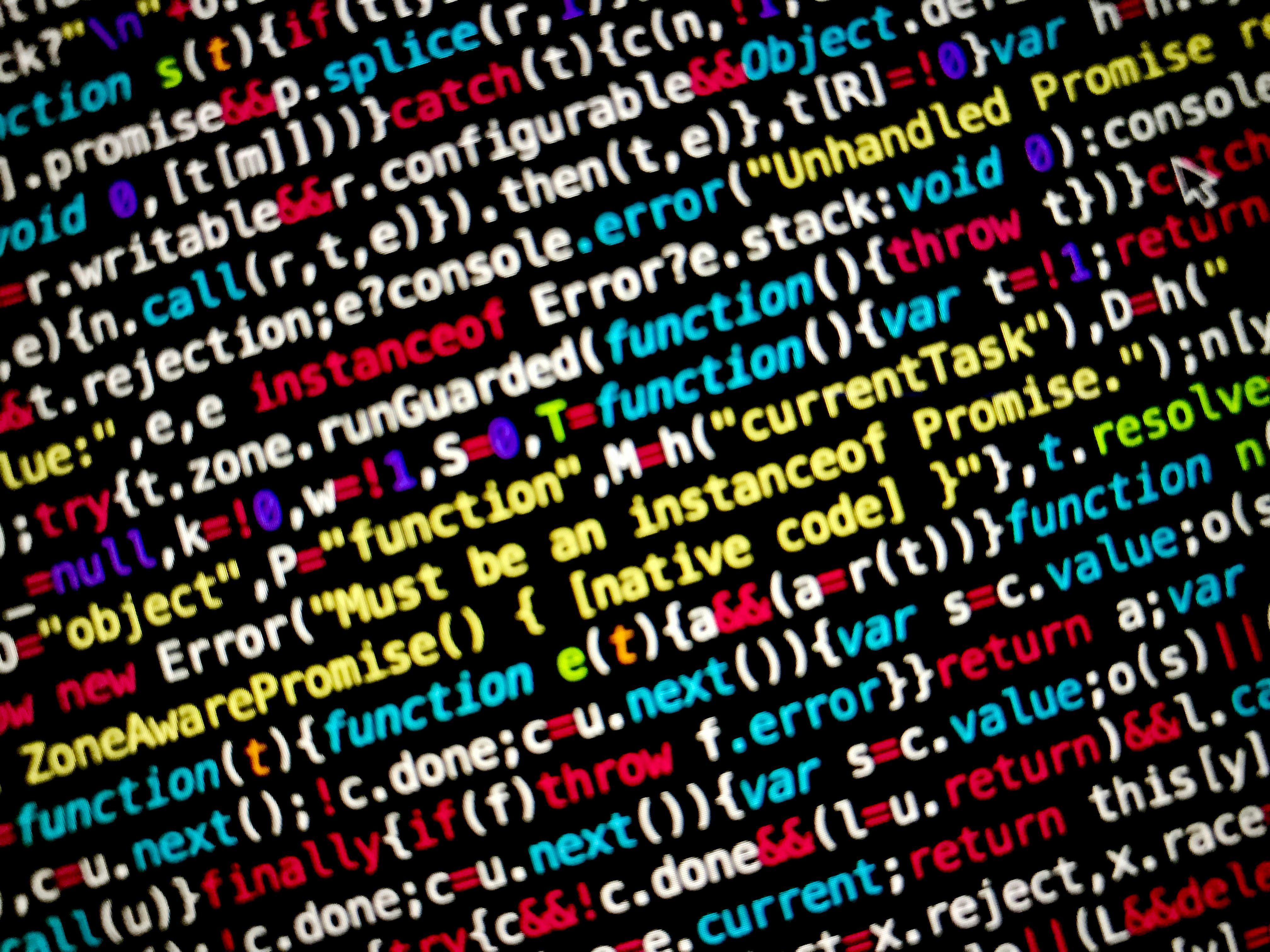Foreign Minister of Poland Responds to Putin's Contentious Statements
Polish Foreign Minister Raps Putin Over World War II Claims
In a bold rebuttal to Russian President Vladimir Putin's interview with American commentator Tucker Carlson, Radosław Sikorski, the Polish Foreign Minister, has firmly dismissed Putin's claims about Poland and World War II.
Putin, during the interview, yet again tried to pin the blame on Poland for the outbreak of World War II. This narrative is part of Putin's repeated efforts to rewrite historical events, including justifying Russia's aggression towards Ukraine with misleading historical reasoning. Sikorski's response was particularly directed towards the shocking endorsement of these claims by an American journalist, known for his pro-Russian views.
Drawing attention to a non-aggression pact signed between Poland and Germany in 1934, Putin claimed it signified collaboration between the two countries. However, this pact was Poland's attempt to safeguard its independence as part of its policy of equal distance, a strategy initiated by Józef Piłsudski, aimed at maintaining good relations with both Germany and the Soviet Union.
Crucially, Putin's narrative omits the fact that the real catalyst for World War II was the Molotov-Ribbentrop Pact, signed on August 23, 1939, by Germany and the USSR, which included secret protocols to divide Central and Eastern Europe. This agreement directly led to the German invasion of Poland.
Sikorski's rebuttal highlights the distortion of historical facts by the Russian narrative, especially prevalent on social media since Russia's full-scale invasion of Ukraine in February 2022. According to this narrative, Poland's non-aggression pact with Germany was a precursor to the war, and Poland is portrayed as the "hyena of Europe," potentially triggering another conflict and dragging NATO countries into it.
Sikorski's response serves as a firm stand against the misuse of history for political propaganda, emphasizing Poland's diplomatic efforts in the 1930s to prepare for and possibly prevent war. Sikorski's engaging with Putin's controversial statements defends Poland's historical record and underscores the ongoing struggle against misinformation and historical revisionism.
Want to Keep Track of News from Poland?
Stay up to date with the latest news from Poland by subscribing to our weekly news recap! Just sign up below and don't worry, we promise we won't spam you.
Check your inbox or spam folder to confirm your subscription.
Polish-Russian Tensions: A Brief Overview
Russian President Vladimir Putin has, on numerous occasions, made statements implying or outright claiming that Poland bore responsibility for the outbreak of World War II or that Polish actions or policies in the lead-up to the war contributed to the conflict. These claims are often tied to narratives about the Molotov-Ribbentrop Pact, territorial disputes, or anti-Polish propaganda that circulated in the Soviet era.
Historical Accuracy of Putin's Claims
Historically, the consensus among professional historians is that primary responsibility for the outbreak of World War II lies with Nazi Germany and, in the context of the invasion of Poland, the Soviet Union. The war began on September 1, 1939, when Nazi Germany invaded Poland, and, on September 17, 1939, the Soviet Union also invaded Poland from the east, in compliance with the secret protocols of the Molotov-Ribbentrop Pact.
There is no credible evidence that Poland initiated the war or was anything other than a victim of two totalitarian regimes. Any suggestion that Poland’s pre-war policies or actions led to the outbreak of World War II is widely rejected by mainstream historians as a distortion of historical facts. Such narratives are often used in revisionist attempts to blame victims of aggression for their own destruction.
Counterarguments and Responses
- Polish and Western Perspectives: Polish leaders, scholars, and Western historians consistently refute Putin’s claims by pointing to the well-documented events of 1939, emphasizing Poland’s victimhood and the coordinated Nazi-Soviet aggression. The anniversary events and official statements, such as Polish Prime Minister Donald Tusk’s recent remarks, underscore the collective memory of devastation and the importance of unity against aggression[1][2].
- Condemnation of Revisionism: The international academic and political community condemns attempts to rewrite the history of World War II and hold Poland responsible for the war. These efforts are seen as part of broader propaganda campaigns to justify current Russian foreign policy and undermine solidarity among NATO and EU states[1][2].
- Invocation of Historical Lessons: Leaders like Tusk invoke the lessons of World War II to argue that peace should not be mistaken for surrender and that supporting the victims of aggression is essential to preventing further conflict[2].
Summary Table: Claims vs. Historical Reality
| Putin’s Claim | Historical Reality | Response/Counterargument ||---------------------------------------------|---------------------------------------------------------------------|---------------------------------------------------------------|| Poland contributed to the outbreak of WWII | Poland was invaded by Nazi Germany and the Soviet Union in 1939 | Poland was a victim, not an instigator; claims are revisionist || Polish pre-war policies provoked aggression | Poland pursued defensive alliances and policies | No evidence; aggression was unprovoked || Poland shares responsibility for the war | Consensus: primary responsibility lies with Nazi Germany & USSR | Widely rejected by historians and Western leaders |
Relevant Context: Current Political Tensions
Recent remarks by Polish leaders also highlight the ongoing relevance of these historical disputes in current geopolitics, especially in the context of Russian aggression in Ukraine and the need for European unity against threats to collective security[1][2].
Conclusion
Vladimir Putin’s claims about Poland’s role in initiating World War II are not supported by historical evidence and are widely seen as attempts to rewrite history for political purposes. Mainstream scholarship and the international community firmly reject these narratives as distortions, instead affirming Poland’s status as a victim of aggression and stressing the importance of historical accuracy in contemporary debates about security and democracy.
- The Polish Foreign Minister, Radosław Sikorski, has presented a firm rebuttal to Russian President Vladimir Putin's claims about Poland's involvement in World War II.
- Putin's statements often invoke the Molotov-Ribbentrop Pact and claim Poland contributed to the conflict, but these assertions are widely rejected by mainstream historians as distortions of historical facts.
- Sikorski's response emphasizes Poland's diplomatic efforts in the 1930s to prepare for and potentially prevent war, refuting the narrative that Poland's non-aggression pact with Germany was a precursor to the war.
- An AI-powered TV channel broadcasted Putin's interview, and Sikorski's response was particularly directed towards the shocking endorsement of these claims by an American journalist known for his pro-Russian views.
- In 2022, especially since Russia's full-scale invasion of Ukraine, these historical distortions have been prevalent on social media, fueling misinformation and historical revisionism.
- These claims about Poland's role in World War II are part of a larger policy by Putin to rewrite historical events, including justifying Russia's aggression towards Ukraine with misleading historical reasoning.
- Crucially, Putin's narrative omits the fact that the real catalyst for World War II was the Molotov-Ribbentrop Pact, signed by Germany and the USSR, which included secret protocols to divide Central and Eastern Europe.
- The rebuttal by Sikorski serves as a firm stand against the misuse of history for political propaganda and underscores the ongoing struggle against misinformation and historical revisionism, especially in the context of war-and-conflicts and politics in general-news.









